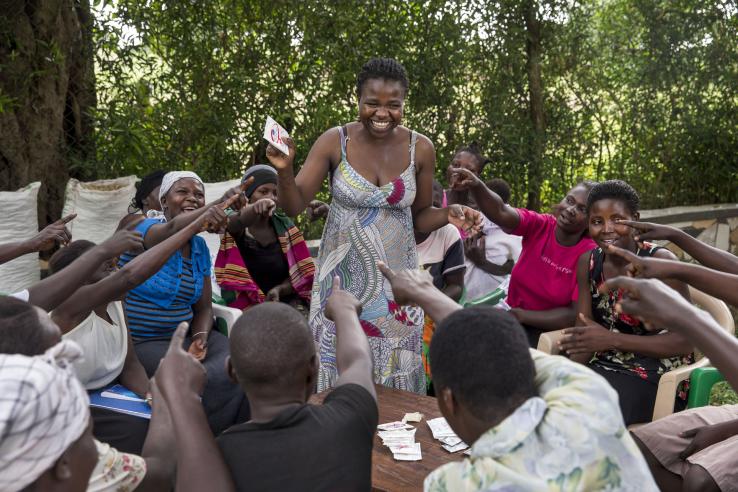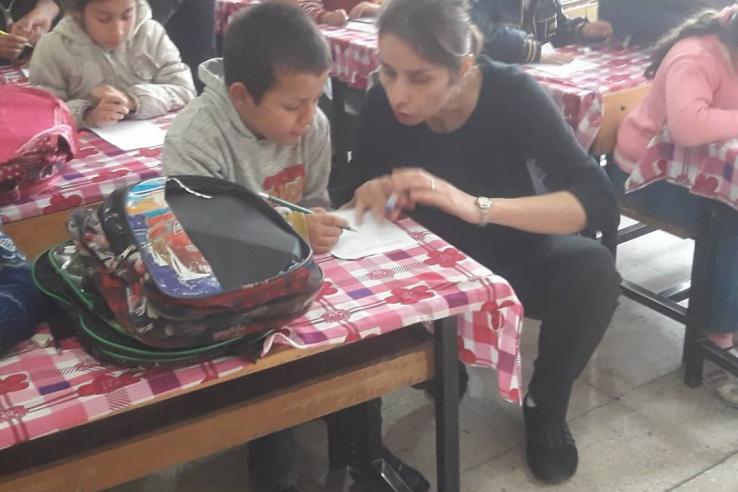Displaying 1201 - 1215 of 8339
Research Paper
File: Research paper
Research Resource
File: Research resource
Research Paper
File: Research paper
Research Paper
File: Research paper
Research Paper
File: Research paper
Policy Publication
File: Policy publication
This Evidence Review highlights key research findings on evidence that cuts across multiple domains of women’s agency and identifies research questions that remain to be answered.
Research Paper
File: Research paper
Policy Publication
File: Policy publication
An interactive classroom program encouraging students to consider one another’s perspectives in Turkey lowered peer violence, improved relationships between refugee and Turkish students, and increased prosocial behaviors like trust, cooperation, and altruism.
Research Paper
File: Research paper
Research Paper
File: Research paper
Research Paper
File: Research paper
Research Paper
File: Research paper
Research Resource
File: Research resource
Research Paper
File: Research paper
Policy Publication
File: Policy publication
Since 2015, J-PAL’s State and Local Innovation Initiative has partnered with state and local governments to generate rigorous evidence on what works to reduce poverty around the United States. J-PAL North America has received more than 100 letters of interest from state and local governments across...

